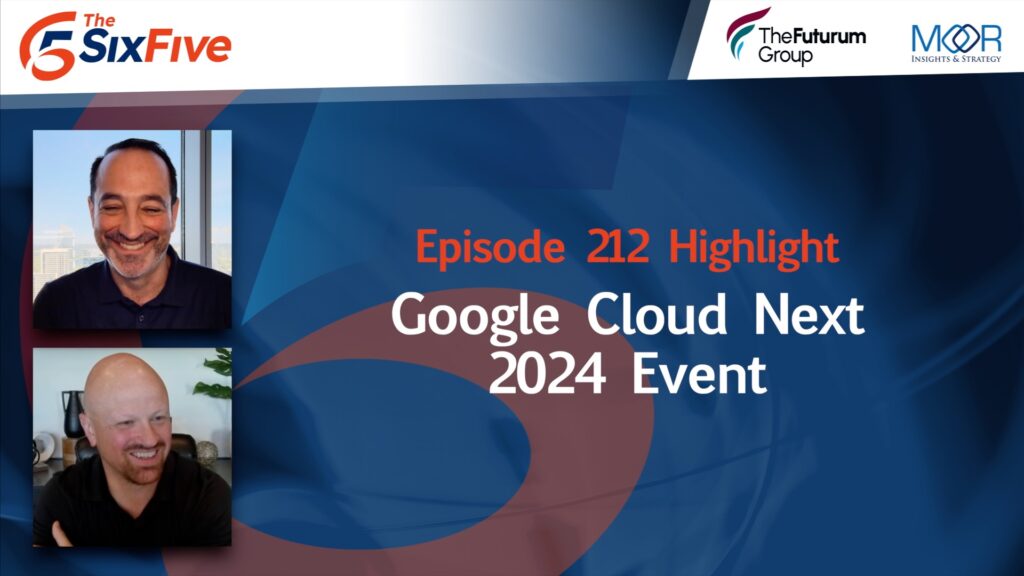The return to normal life after the COVID-19 pandemic provided an additional challenge to venue managers: how to keep patrons safe, without negatively impacting the fan experience. After all, keeping patrons safe is a key determining factor in whether people are willing to gather in a large group setting. But for managers of large sporting venues, there are several other CX challenges that are arguably even more difficult to manage, including the increasing cost of ticket prices, the growing demands of an always-connected, demanding customer base, and managing competition from at-home viewing and other, less expensive entertainment alternatives.
Team Marketing Report’s Fan Cost Index (FCI) serves as a gauge of how expensive it is to attend a live sporting event and is defined as the cost of four average-price tickets, four hot dogs, four sodas, two beers, two caps, and parking. The FCI for 2019, the last full year prior to the COVID-19 pandemic, was above $100 for all of the 147 teams in the NBA, NFL, NHL, MLB, and MLS. The average FCI is $234 in MLB, $250 in MLS, $421 in the NBA, $425 in the NHL, and $541 in the NFL. Not surprisingly, the fans that do come out to stadiums and arenas often expect value and service.
One example of a team that has realized the benefits of improving the level of service and amenities is MLB’s Atlanta Braves. The team has established external partnerships with Waze and Uber that offer up-to-the-minute traffic and parking info and help shuttle fans from parking to seats. The Braves also created a proprietary app called “Remedy,” which is designed to allow guests to report issues immediately within the ballpark, so the guest services department can find a way to help the fan in the moment.
Another team that has implemented new technology to improve the in-arena experience is the Tampa Bay Lightning of the NHL. The team offers season ticketholders the option to purchase team jerseys with an embedded personalized radio frequency identification (RFID) chip. When a patron wearing the jersey walks up to the ticket take or concession stand, their account information is incorporated in the RFID chip, allowing a fully contactless experience.
“I think we’ll see more and more of those kinds of benefits coming to season ticket holders,” says Scott Jones, associate professor of marketing at Stetson University in DeLand, Florida. “A lot of new technologies that were already present can now be applied and are probably going to be more accepted in sporting arenas.” Jones foresees the use of apps to improve concessions (such as pre-ordering), or monitoring the restroom lines to minimize pedestrian traffic jams in the concourses.
Another key driver for an increase in customer amenities within arenas and stadiums is that people have been accustomed to having access to data at all times to keep up with emails, post to and review social media activities, and, particularly in the case of American football, keep tabs on their fantasy sports leagues. Furthermore, with the proliferation of data delivered via television broadcasts, some fans may feel they are missing out by not having quick access to real-time, in-game statistics.
“What I would think would be interesting, especially for the sport fans is using that technology to provide more advanced data and analytics about what’s [happening] on the court or on the ice in front of you, that you could get watching it on television,” Jones says. “As a lifelong Tampa Bay Buccaneers fan and long-time season ticketholder, I also play fantasy football and have for a long time, candidly, I would just as soon be in a sports bar watching my entire fantasy team play, plus the Bucs, rather than paying for a seat in inside of the stadium.”
Jones notes that many new stadiums have incorporated sports bars inside the stadium to address this need, while still generating the needed ticket revenue.
Perhaps the biggest challenge faced by professional sports marketers and team operators is simply competing with other forms of entertainment, many of which are less expensive or more appealing to people who are only casual fans of professional spectator sports. “You have some people that attend games because they’re passionate fans; they’re there for the competition, but there are others where [the game] is simply social currency,” Jones explains. “There are so many other social options to go out to the pub and have some friends and watch the game on television as opposed to pay the premium for the seats.”
Jones points to Bill Veeck, the owner of several midwestern sports franchises, including the Cleveland Indians, St. Louis Browns, and Chicago White Sox, who popularized promotions and entertainment options that had nothing to do with the game being played, such as the 1979 Disco Demolition Night. “Veeck was the first one who just sort of acknowledged the value of entertainment,” Jones says. “We can’t control the quality of the game, and we have no idea who’s going to win or lose. But we can control the fireworks and the entertainment and all the things that go on around it.”
Author Information
Keith has over 25 years of experience in research, marketing, and consulting-based fields.
He has authored in-depth reports and market forecast studies covering artificial intelligence, biometrics, data analytics, robotics, high performance computing, and quantum computing, with a specific focus on the use of these technologies within large enterprise organizations and SMBs. He has also established strong working relationships with the international technology vendor community and is a frequent speaker at industry conferences and events.
In his career as a financial and technology journalist he has written for national and trade publications, including BusinessWeek, CNBC.com, Investment Dealers’ Digest, The Red Herring, The Communications of the ACM, and Mobile Computing & Communications, among others.
He is a member of the Association of Independent Information Professionals (AIIP).
Keith holds dual Bachelor of Arts degrees in Magazine Journalism and Sociology from Syracuse University.









